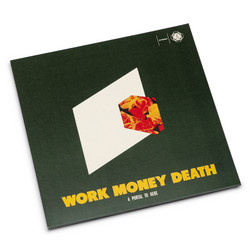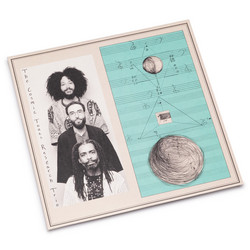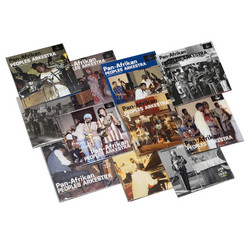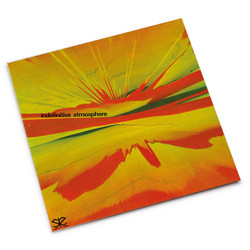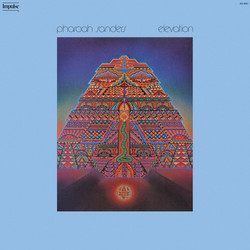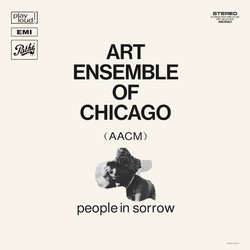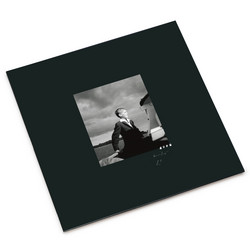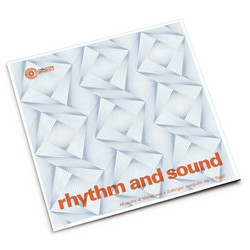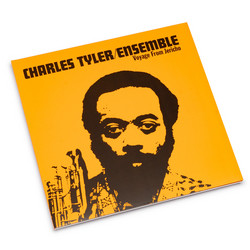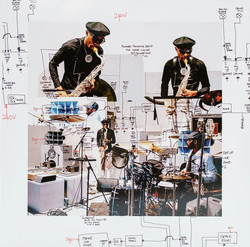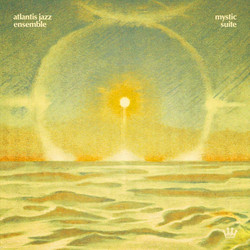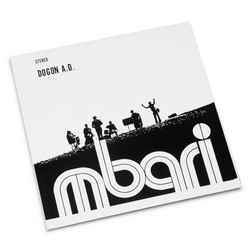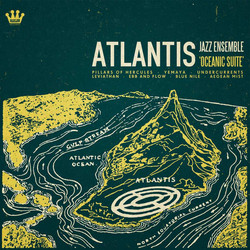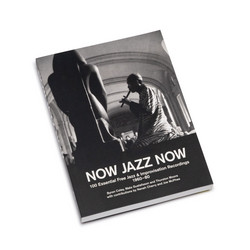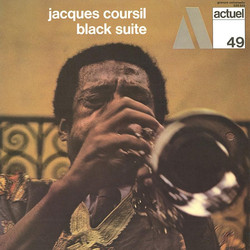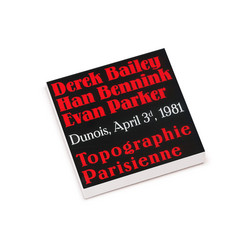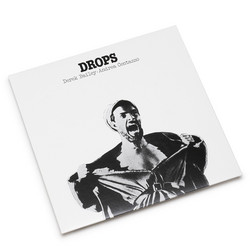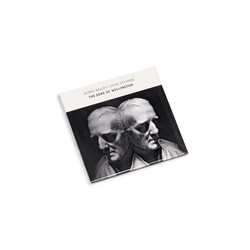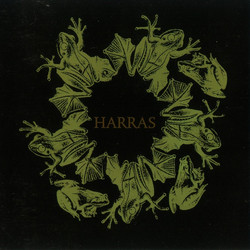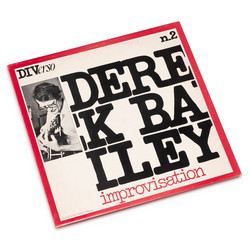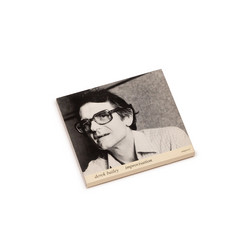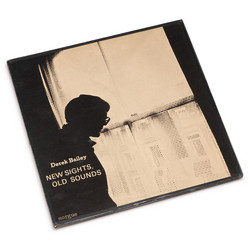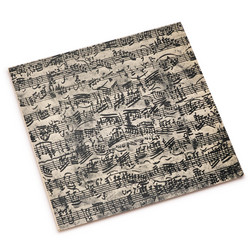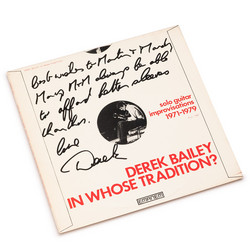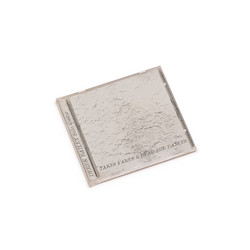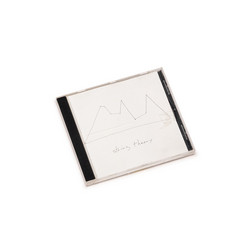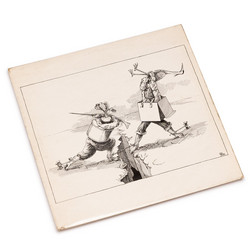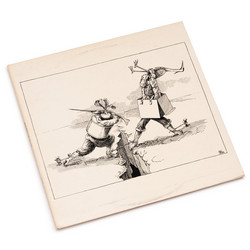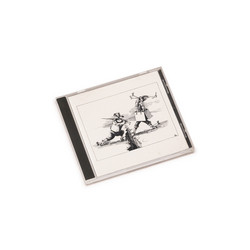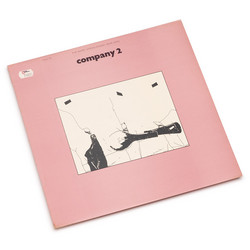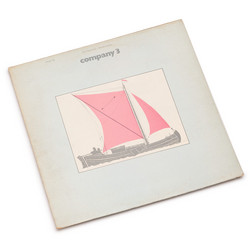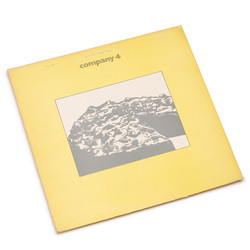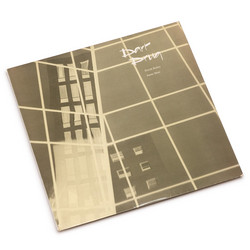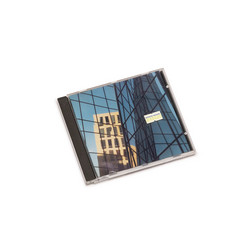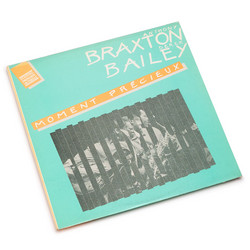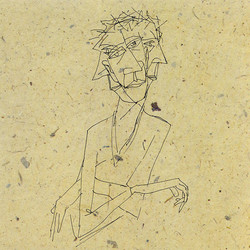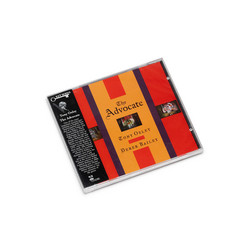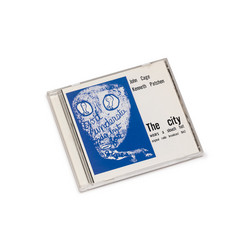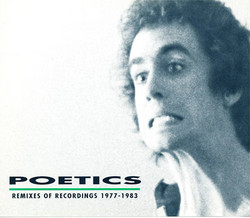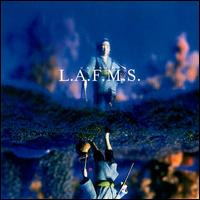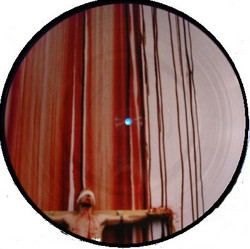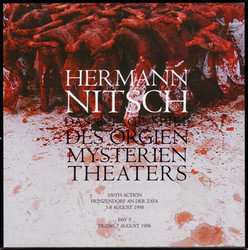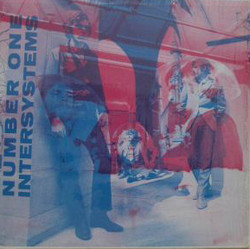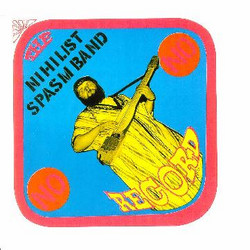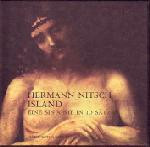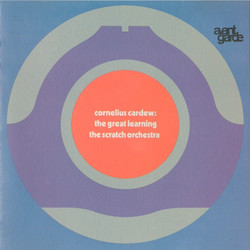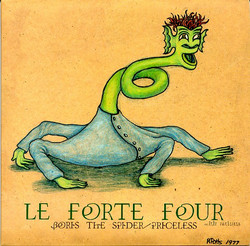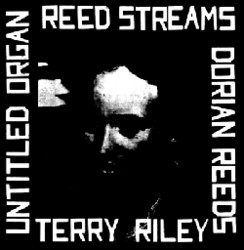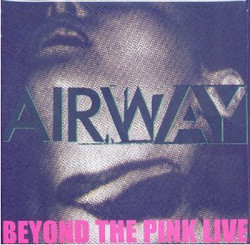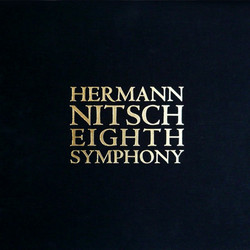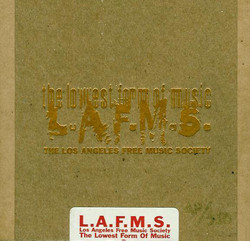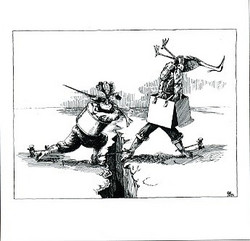long deleted, very few availabe...Many if not most of Derek Bailey's fans (I was going to write "hardcore fans," but aren't we all?) will be surprised at the existence of these extremely early solo recordings, originally issued by Incus back in 1973. Even for a label as unorthodox as Incus, the TAPS represented a unique but very short-lived experiment in "marketing"; basically, Derek decided that it would be interesting, cheaper, and "less formal" to issue some of his favorite recent solo improvisations in a reel-to-reel format, one at a time; custom made, so to speak: "just copy them if somebody wanted to buy one".
Each copy was made on 1/4" tape on a 3" reel, and came in its own 3-1/2" square box. (Needless to say, these limited edition originals are virtually unobtainable today.) **** This long-overdue reissue of the Incus TAPS onto CD fills a major hole in the recorded catalogue of Derek's work and captures (now forever) a sadly under documented early period in the development of one of the most orginal, total reinventions of a major musical instrument of this century. The TAPS represent an early highpoint of Derek's solo guitar music, a flowering of innovation that followed a period (1970-71) of concentration on "building up an atonal language", as he put it to Melody Maker in 1973 (as, as he summed it up in his 1980/92 book Improvisation: It's nature and Practice in Music: "I wanted to know if the language I was using was complete, if it could supply everything I wanted in a musical performance. The ideal way of doing this... was through a period of solo playing". **** Indeed, it is quite a leap from the small, pointillistic "miniatures" heard on Derek's first solo record, Incus 2 (1971), (revolutionary as that record was and is), to the full-throttle tours de force of continuous invention unleashed here, two years later. The unprecedented, shocking newness of Bailey's arsenal of rattling discourse had some writers for the local music press grasping for words to convey what was happening under the noses of glitter-rock obsessed London: "Derek Bailey is without doubt the most original guitarist I've ever heard... his playing is such a giant step forward that it's almost impossible to detect any early influences at all" (Ken Hyder, 1973). Or this: "There are just a handful of sounds in the world which appear as prophecies for the distant future of music.
Each copy was made on 1/4" tape on a 3" reel, and came in its own 3-1/2" square box. (Needless to say, these limited edition originals are virtually unobtainable today.) **** This long-overdue reissue of the Incus TAPS onto CD fills a major hole in the recorded catalogue of Derek's work and captures (now forever) a sadly under documented early period in the development of one of the most orginal, total reinventions of a major musical instrument of this century. The TAPS represent an early highpoint of Derek's solo guitar music, a flowering of innovation that followed a period (1970-71) of concentration on "building up an atonal language", as he put it to Melody Maker in 1973 (as, as he summed it up in his 1980/92 book Improvisation: It's nature and Practice in Music: "I wanted to know if the language I was using was complete, if it could supply everything I wanted in a musical performance. The ideal way of doing this... was through a period of solo playing". **** Indeed, it is quite a leap from the small, pointillistic "miniatures" heard on Derek's first solo record, Incus 2 (1971), (revolutionary as that record was and is), to the full-throttle tours de force of continuous invention unleashed here, two years later. The unprecedented, shocking newness of Bailey's arsenal of rattling discourse had some writers for the local music press grasping for words to convey what was happening under the noses of glitter-rock obsessed London: "Derek Bailey is without doubt the most original guitarist I've ever heard... his playing is such a giant step forward that it's almost impossible to detect any early influences at all" (Ken Hyder, 1973). Or this: "There are just a handful of sounds in the world which appear as prophecies for the distant future of music.
Details
Cat. number: corti 10
Year: 2008
